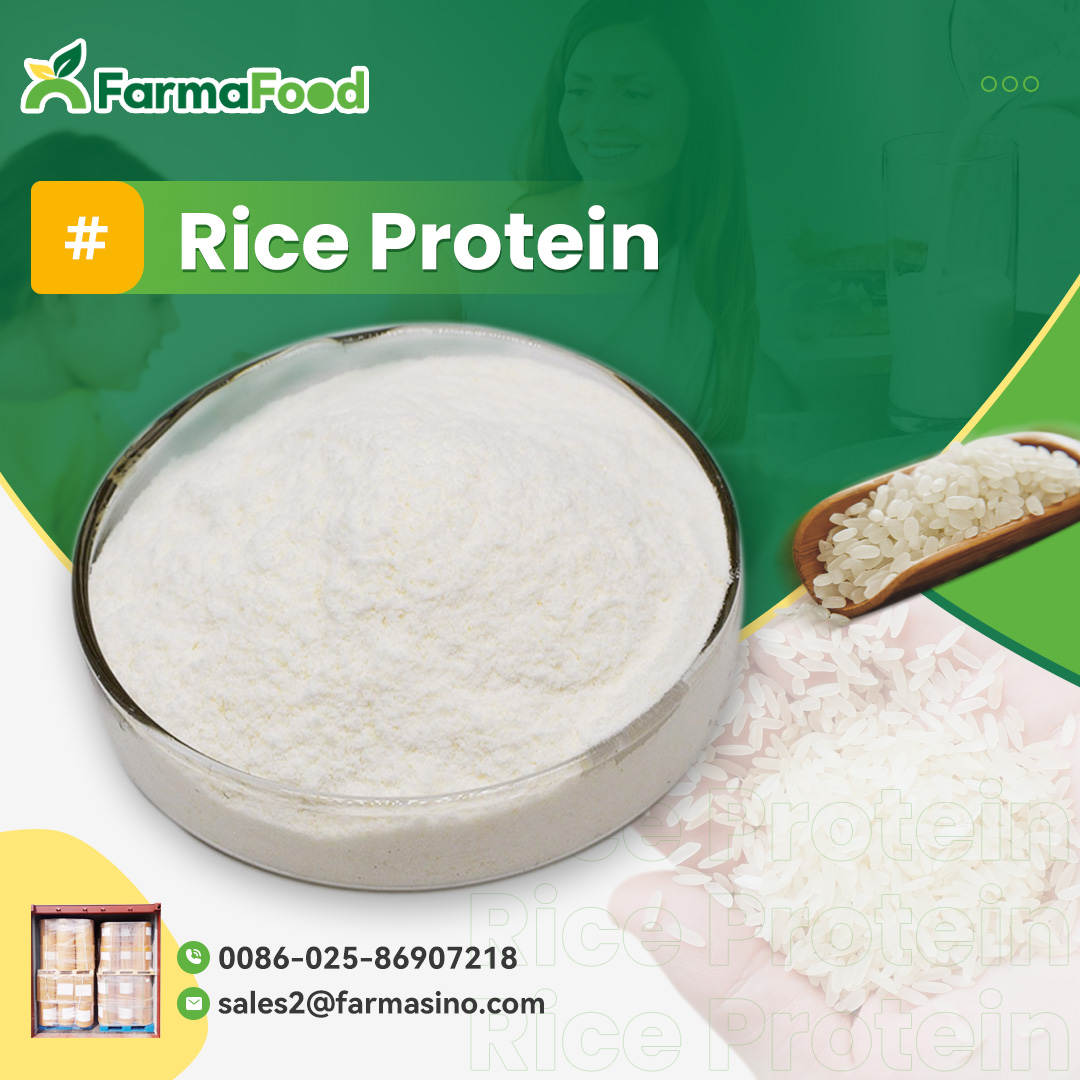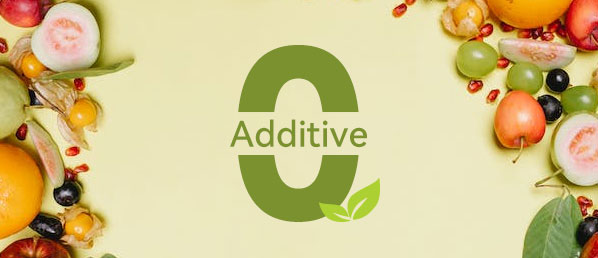Lecithin, also known as Lecithin, is composed of glycerol, two molecules of fatty acids, phosphoric acid, and choline. Through the removal of water, these components condense into a lipid structure. Within the molecule, the fatty acid chain consists of both saturated and unsaturated non-polar hydrophobic tails. On the other hand, the phosphorylcholine portion acts as a polar hydrophilic head with dipole ions. Lecithin is commonly referred to as the "third nutrient" after proteins and vitamins due to its vital role in life processes. It serves as a fundamental building block for various cellular membrane structures and can be found in every cell, with higher concentrations observed in organs such as the liver, brain, heart, kidney, and immune system. In humans, it is primarily synthesized by the liver but can also be obtained from dietary sources like soybeans and egg yolks.
December 08, 2023

















